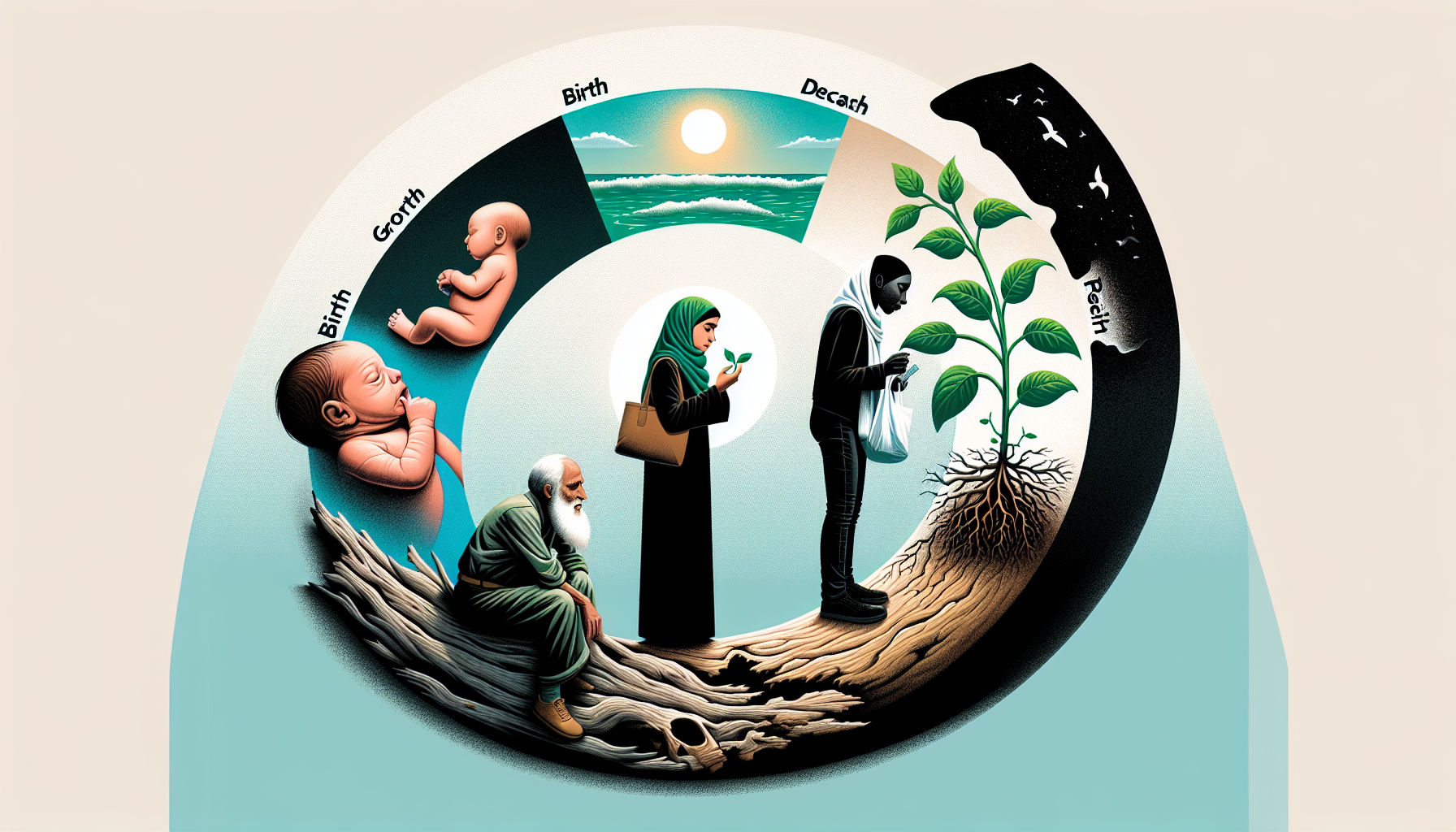The Illusion of Grandeur in American Media

American media has a long-standing tradition of portraying the United States as a land of opportunity, freedom, and unmatched success. This narrative is not merely a reflection of reality but a carefully curated image that serves specific ideological purposes. Popular films such as "The Pursuit of Happyness" and television series like "The West Wing" present stories of individual triumph against adversity, emphasizing the notion that anyone can succeed in America through hard work and determination. However, this idealized portrayal often overlooks systemic issues such as economic inequality, racial injustice, and social strife. The selective storytelling creates a narrative that is not only misleading but also contributes to the psychological notion of American superiority. For example, when the media focuses on individual success stories while neglecting broader societal challenges, it fosters a sense of complacency among viewers, both domestically and internationally. This constructed narrative can be viewed as a form of propaganda, where the portrayal of America is manipulated to highlight strengths while downplaying weaknesses.
The Psychological and Social Impact
The psychological effects of this constructed narrative are profound. For domestic audiences, the media's portrayal of America can lead to inflated national pride and an uncritical acceptance of the status quo. This inflated sense of identity can create a detachment from the realities faced by marginalized communities, leading to a lack of empathy and understanding. As evidenced by the rise of movements like Black Lives Matter, there often exists a stark contrast between the media's narrative and the lived experiences of many Americans, highlighting the dissonance between idealism and reality. Internationally, the impact is equally significant. The idealized image of America is frequently exported through Hollywood films and popular television series, shaping perceptions in countries around the world. The global success of American superhero films, for example, often portrays the U.S. as a beacon of hope and justice, overshadowing the complexities of American foreign policy and its repercussions. This can create unrealistic expectations of American values, leading to disillusionment when reality fails to align with the media portrayal.
Case Studies in Media Influence
Several case studies highlight the influence of American media in shaping both domestic and international perceptions. The portrayal of the U.S. military in films like "American Sniper" and "Hurt Locker" exemplifies the glorification of military intervention, often portraying soldiers as heroes fighting for freedom. This narrative obscures the consequences of war and the experiences of those adversely affected by American actions abroad. The glamorization of military service can lead to a romanticized view of war, detaching the public from the human costs involved. Moreover, reality television, such as "The Real World" and "Keeping Up with the Kardashians," presents a skewed version of American life, focusing on wealth, fame, and superficiality. This form of entertainment can reinforce consumerist values and contribute to a culture of envy and aspiration, where success is measured by material wealth rather than community and connection. Such portrayals can skew perceptions of reality, leading audiences to equate success with celebrity culture and consumer goods, while ignoring the underlying social issues that persist in American society.
The illusion of grandeur in American media serves as a powerful tool for shaping perceptions of the nation. By constructing a narrative of exceptionalism, American media not only influences domestic audiences but also impacts how the world views the United States. As consumers of media, it is crucial to approach these narratives with a critical eye, recognizing the complexities and contradictions that lie beneath the surface. Understanding the psychological and social implications of this constructed image can foster a more nuanced dialogue about national identity and the realities of life in America. In a world increasingly shaped by media narratives, it is imperative to seek authenticity and inclusivity in storytelling, allowing for a richer understanding of the American experience. As we reflect on the question of whether America excels in various areas, it becomes clear that the perception of excellence is often shaped by the very propaganda that presents a glorified image of the nation. Recognizing this influence is the first step toward a more honest and comprehensive understanding of America—one that acknowledges both its strengths and its flaws.
Media Analyst
Media research firms, non-profit organizations, academic institutions
Core Responsibilities
Analyze media content to assess representation and narrative framing related to cultural and social issues.
Generate reports on media trends and their impact on public perception and behavior.
Collaborate with teams to develop strategies for more inclusive and accurate media portrayals.
Required Skills
Strong analytical skills with the ability to interpret complex data and trends.
Proficiency in media research tools and methodologies.
Excellent written and verbal communication skills.
Cultural Critic
Publications, online media platforms, cultural institutions
Core Responsibilities
Write critiques and analyses of films, television shows, and other media, focusing on themes of identity and societal impact.
Engage in public speaking and panel discussions to share insights on cultural narratives.
Conduct interviews with creators and industry professionals to gain deeper understanding of media production.
Required Skills
Strong writing and critical thinking abilities.
Deep understanding of cultural theory and media studies.
Experience in journalism or media criticism.
Documentary Filmmaker
Independent production companies, film festivals, educational institutions
Core Responsibilities
Research and develop documentary subjects that explore social, political, and cultural narratives.
Direct and produce documentary films that offer critical perspectives on issues such as American exceptionalism and identity.
Collaborate with editors, cinematographers, and sound designers to create compelling narratives.
Required Skills
Proficiency in film production techniques, including shooting and editing.
Ability to conduct interviews and gather firsthand accounts effectively.
Strong storytelling skills and a passion for social issues.
Public Relations Specialist (Media Relations)
Corporations, non-profit organizations, PR agencies
Core Responsibilities
Develop and implement PR strategies that shape public perception of organizations or issues, particularly in relation to media representation.
Write press releases and prepare media kits that highlight key narratives.
Build and maintain relationships with journalists and media outlets to ensure favorable coverage.
Required Skills
Excellent communication and interpersonal skills.
Experience in crisis management and strategic communication planning.
Understanding of media landscape and public sentiment analysis.
Social Media Strategist
Digital marketing agencies, non-profit organizations, media companies
Core Responsibilities
Create and implement social media campaigns that engage audiences with narratives related to social justice and cultural representation.
Analyze social media metrics to assess the effectiveness of campaigns and adjust strategies accordingly.
Collaborate with content creators to produce engaging multimedia content that aligns with the organization's mission.
Required Skills
Strong understanding of social media platforms and trends.
Proficiency in content creation tools and analytics software.
Creative thinking and ability to craft compelling narratives.


